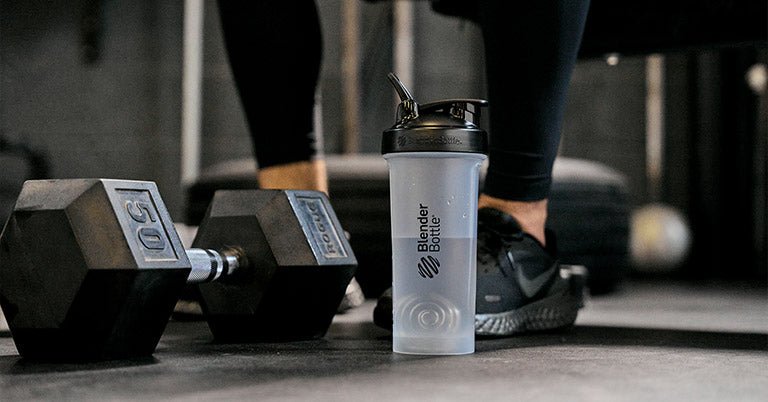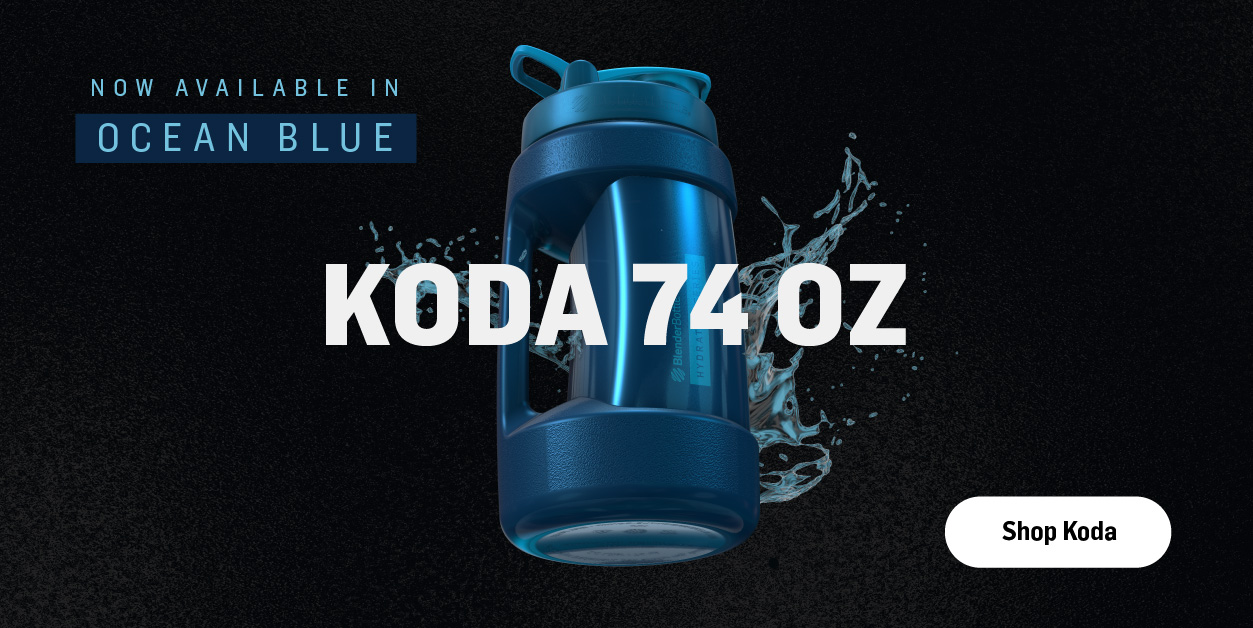Did you know that humans are made up of around 60 percent water?
It's no secret that we need to drink water every day in order to stay hydrated. In recent years, it has become especially popular to drink large amounts of water. Many believe that the more water you drink, the healthier you will be and the better you will feel.
However, is this really the case?
As it happens, there is such a thing as too much water, and this is known as overhydration. But how much water is too much? And what are the negative effects of drinking too much water?
First, let's take a look at how many ounces of water a day you should drink and why drinking water is so important.
How Much Water Should You Drink Every Day?
Because more than half the human body is made of water, the cells throughout your body need water to function properly. Water helps flush toxins from your body, keeps your skin plump, and keeps your joints lubricated. Without enough water in your body, you will become dehydrated, and your bodily functions will begin to falter.
You can get dehydrated while exercising in hot weather or even while sitting at your desk. When you're dehydrated, you may feel tired and sluggish. In more severe cases of dehydration, you may get a headache, experience muscle spasms, or even have trouble thinking clearly. This is not surprising, since 73 percent of the brain is comprised of water.
The amount of water you are supposed to drink every day varies according to who you ask. The truth of the matter is that the correct amount of water to drink on a daily basis depends on the individual. As a general rule, men should consume around 15.5 cups of water every day and women should consume 11.5 cups to stay hydrated.
To determine what's right for you, think about how much water your body loses on a daily basis. For example, if you are an athlete and run several miles every day, you will need much more water than someone with a sedentary lifestyle. This is because, as an athlete, you lose a lot of your body's water through sweat.
If you spend most of your time sitting in a chair, on the other hand, you probably won't get dehydrated as quickly as an athlete. But you will still become dehydrated at some point if you don't take in enough fluids. Humans lose water just through breathing and, of course, through urination.
Adjust your fluid intake according to your lifestyle. Keep in mind that your diet is another factor in determining your water needs. Food especially fresh fruits and vegetables, which have a high water content also helps keep you hydrated.
How Much Water Is Too Much?
While finding ways to drink plenty of water is important, excess liquids can cause serious problems in the body. People who overhydrate can experience a condition known as water intoxication and they may not even realize what is happening to them.
People who overhydrate typically do so by accident for example, an athlete who downs a ton of water before a match in hopes of improving their performance. Drinking an excess of water all at once can be harmful to the body and brain. Fortunately, water intoxication is not usually fatal, although in extreme cases death is a possible consequence.
Staying hydrated is especially important for your blood; however, when you overhydrate, the amount of water in your blood can end up diluting important nutrients that your body needs to survive. Your blood is not only full of water, but also electrolytes and ions such as sodium. Sodium is especially important for your nervous system and muscles to function properly.
Sodium is also important for the regulation of fluid inside and outside of cells. When you drink too much water, the sodium level in your body starts to decrease. When there is too little sodium in your body, your cells will start to swell in an unhealthy manner. The swelling is a result of excess fluid entering the cells.
This swelling can happen to any cells in your body, including brain cells. Water intoxication is especially dangerous if it affects the brain, as swelling of the brain can cause irreparable damage and even lead to death.
The Symptoms of Water Intoxication
Fortunately, there are symptoms that you can look for before water intoxication becomes too serious. Vomiting and nausea are the most common symptoms because they are your body's way of naturally expelling the excess water. The initial symptoms of water intoxication may also include headaches, confusion, or unusual fatigue.
In more severe cases, you may have difficulty breathing. You may also experience cerebral edema, or the buildup of fluid in the brain. Cerebral edema and is one of the reasons why people may experience neurological issues from overhydration. If overhydration gets any worse, a person may experience seizures and go into a coma. The most severe situations can be fatal.
In order to avoid water intoxication, it is important not to drink more than the recommended intake of water. If you exercise, consider the electrolytes you lose through sweat. Try rehydrating with an electrolyte replacement drink, rather than a huge amount of plain water. This will help replenish your sodium and other electrolyte levels while keeping your hydration in balance.
Everything You Need to Know about Water Consumption
"How much water is too much?" is a good question to ask. While overhydration can be a serious problem, hydration in general remains very important, as dehydration is equally dangerous.
Now you have some general hydration guidelines to follow. If you're worried that you may be dehydrated, or conversely, that you may be at risk of overhydration, our best advice is to consult with your doctor or an expert nutritionist. They can take a detailed look at a number of factors including your gender, age, lifestyle, activity level, and the climate where you live to determine the best approach to healthy hydration for you.
This page offers health, fitness and/or nutritional information and is designed for educational purposes only. You should not rely on this information as a substitute for, nor does it replace professional medical advice, diagnosis, or treatment. If you have any concerns or questions about your health, you should always consult with a physician or other healthcare professional. Do not disregard, avoid or delay obtaining medical or health-related advice from your healthcare professional because of something you may have seen or read on this page. The use of any information provided on this page is solely at your own risk



Leave a comment
All comments are moderated before being published.
This site is protected by hCaptcha and the hCaptcha Privacy Policy and Terms of Service apply.